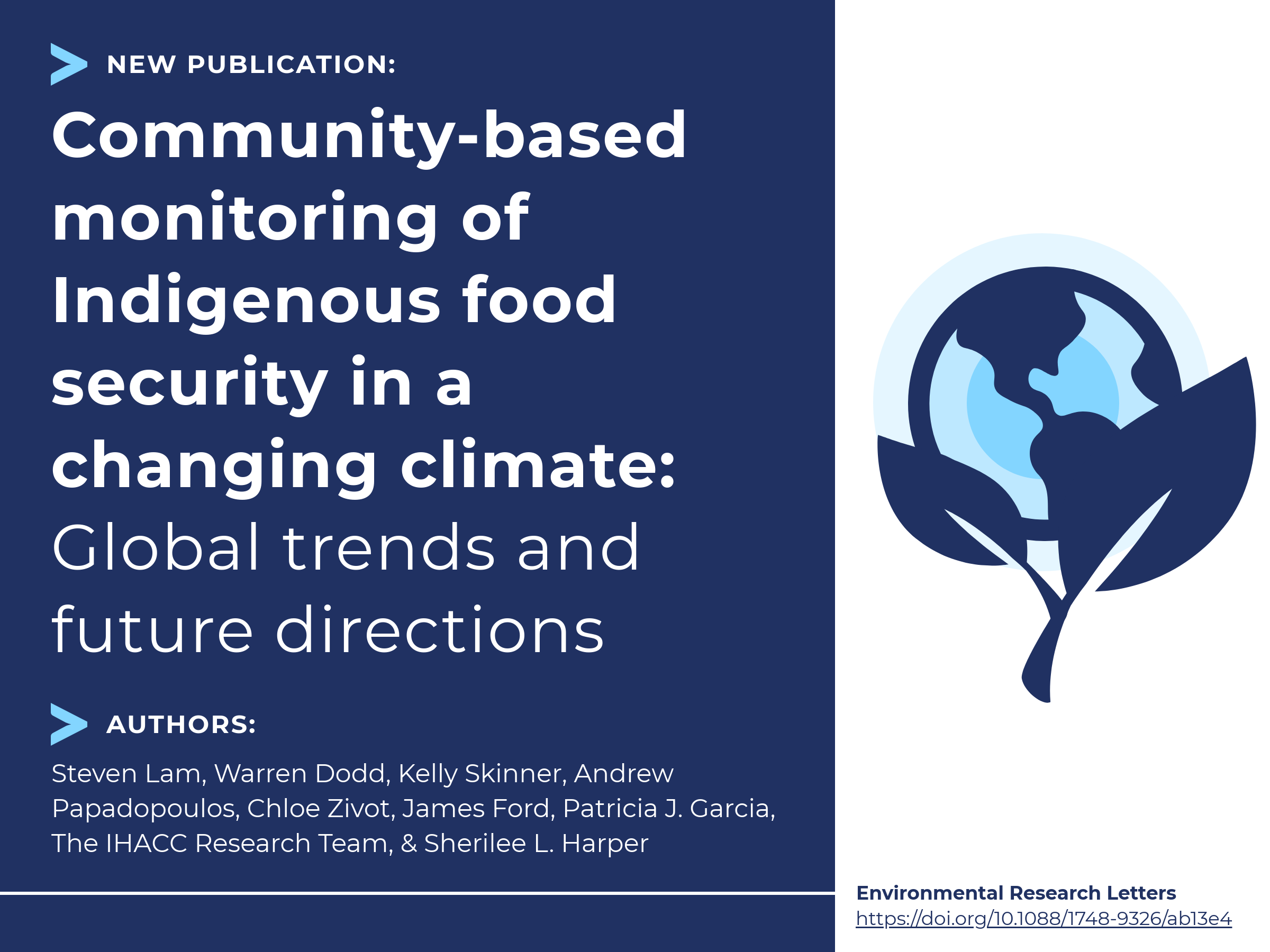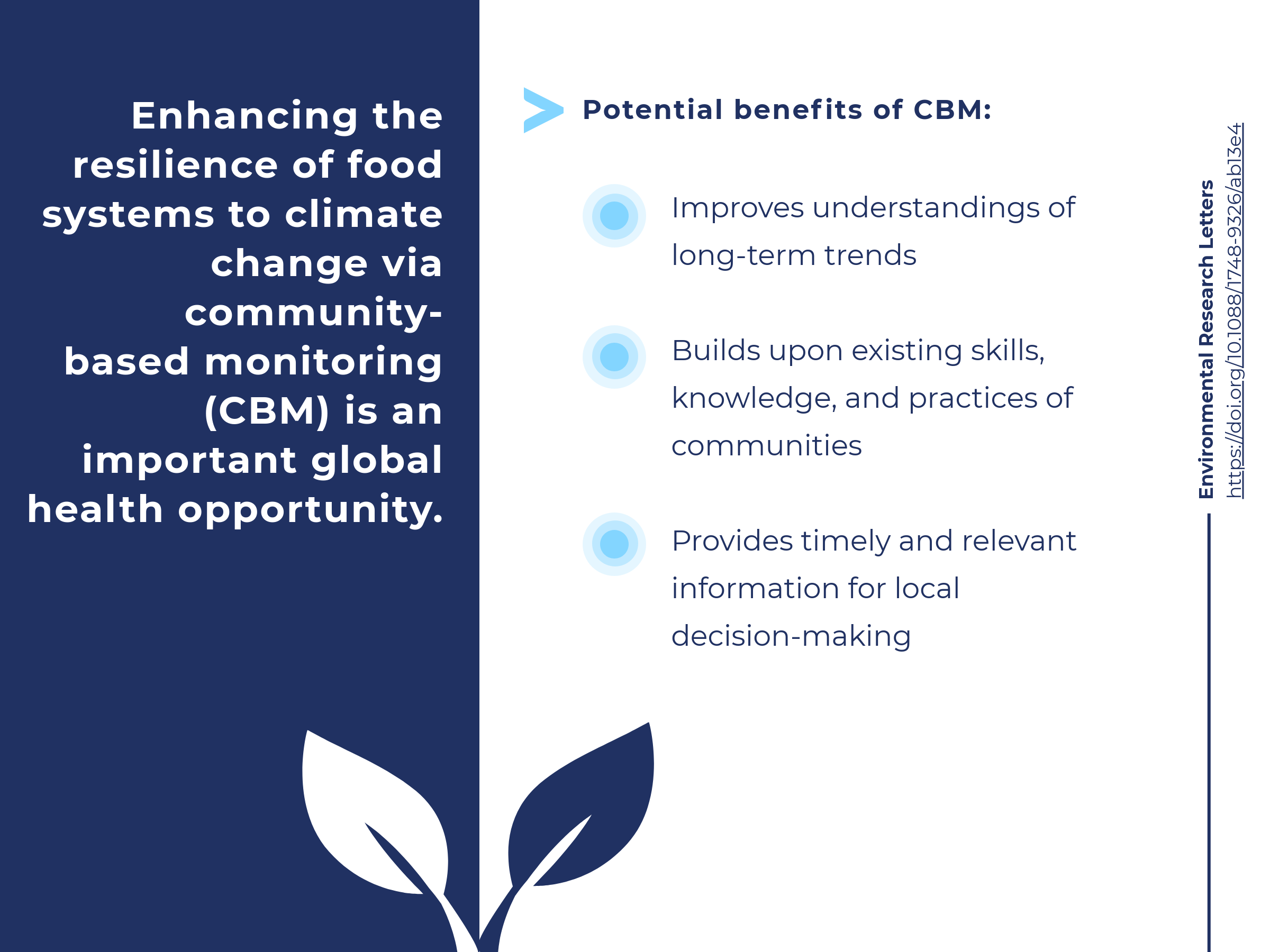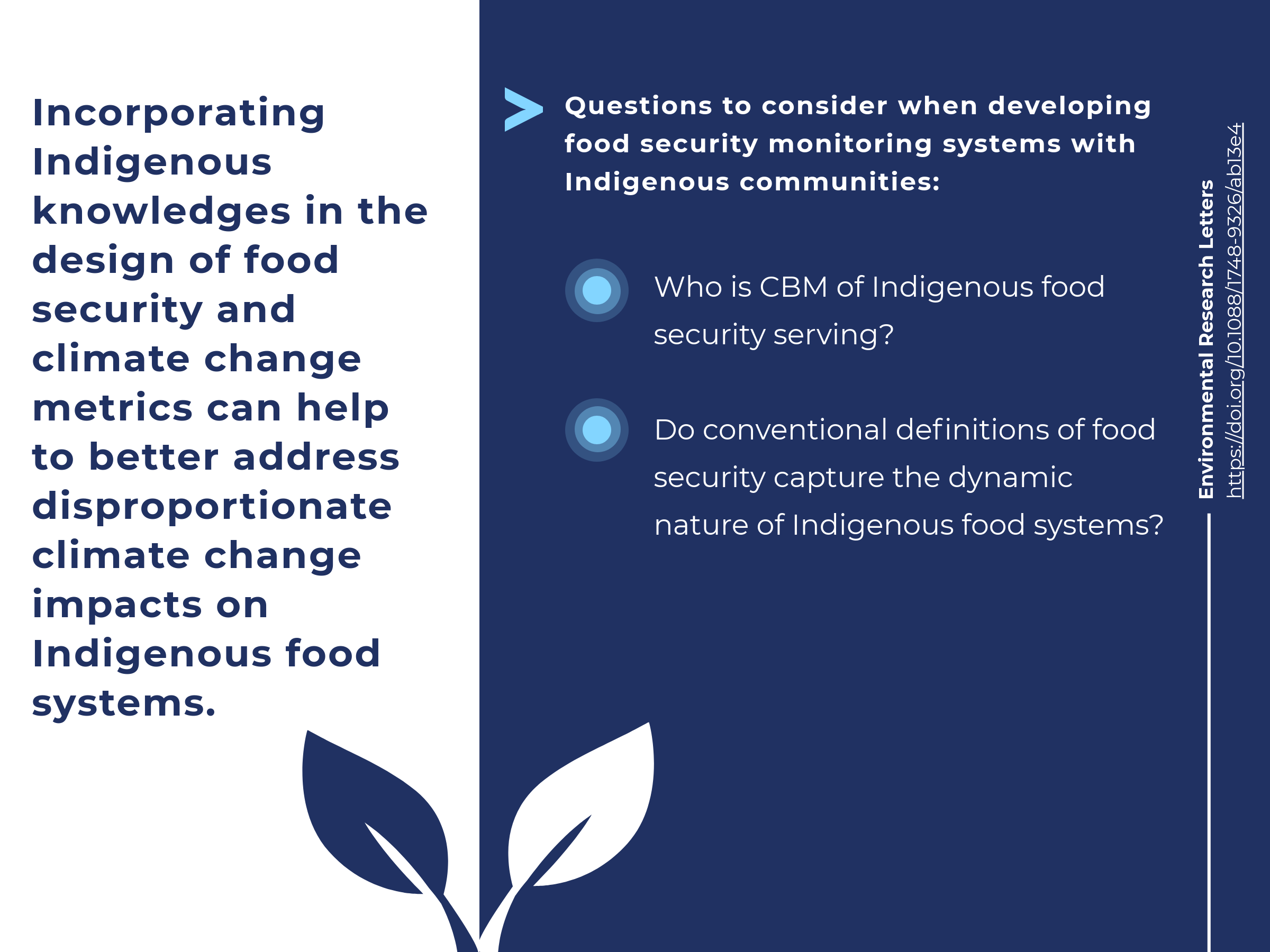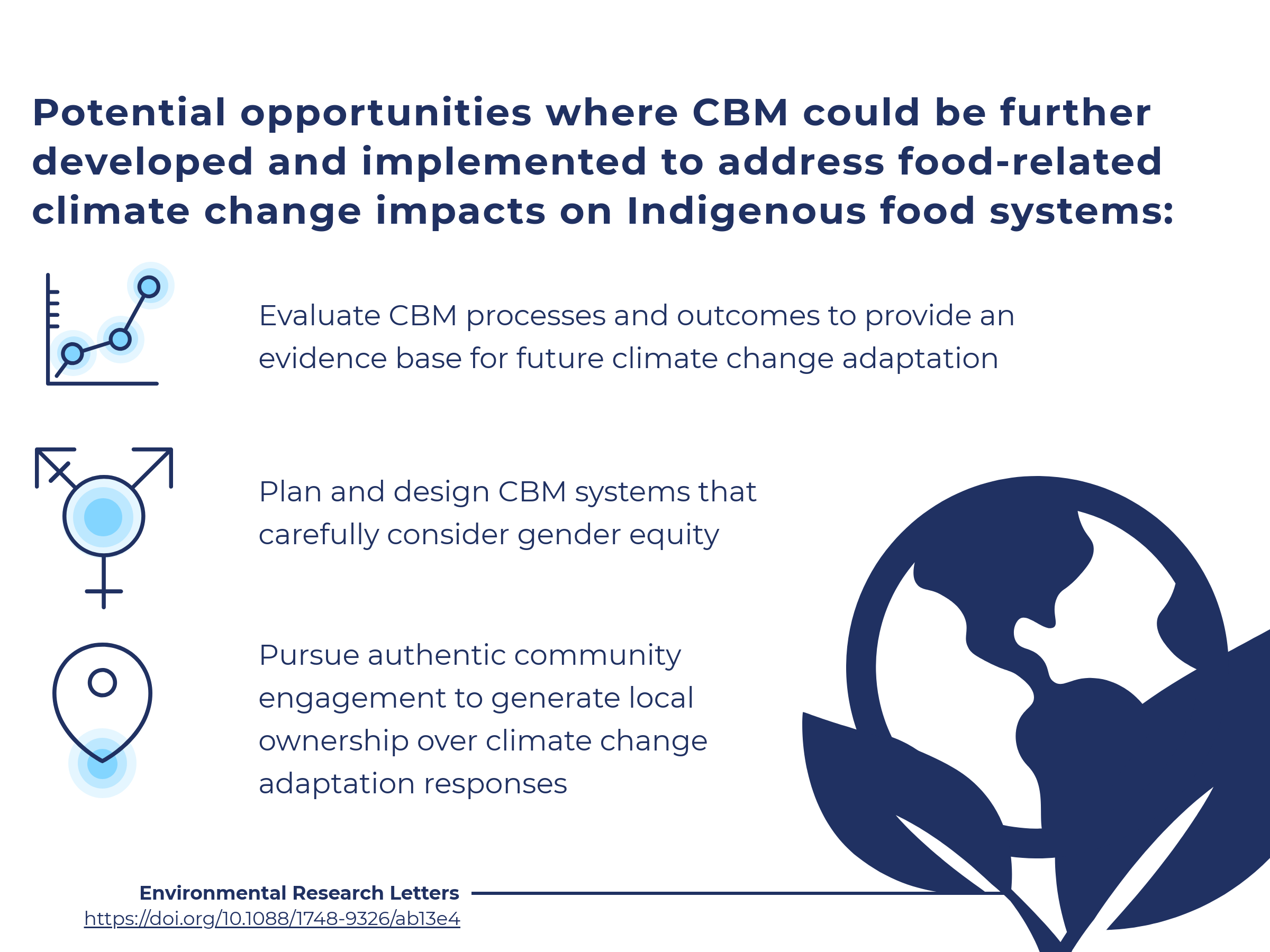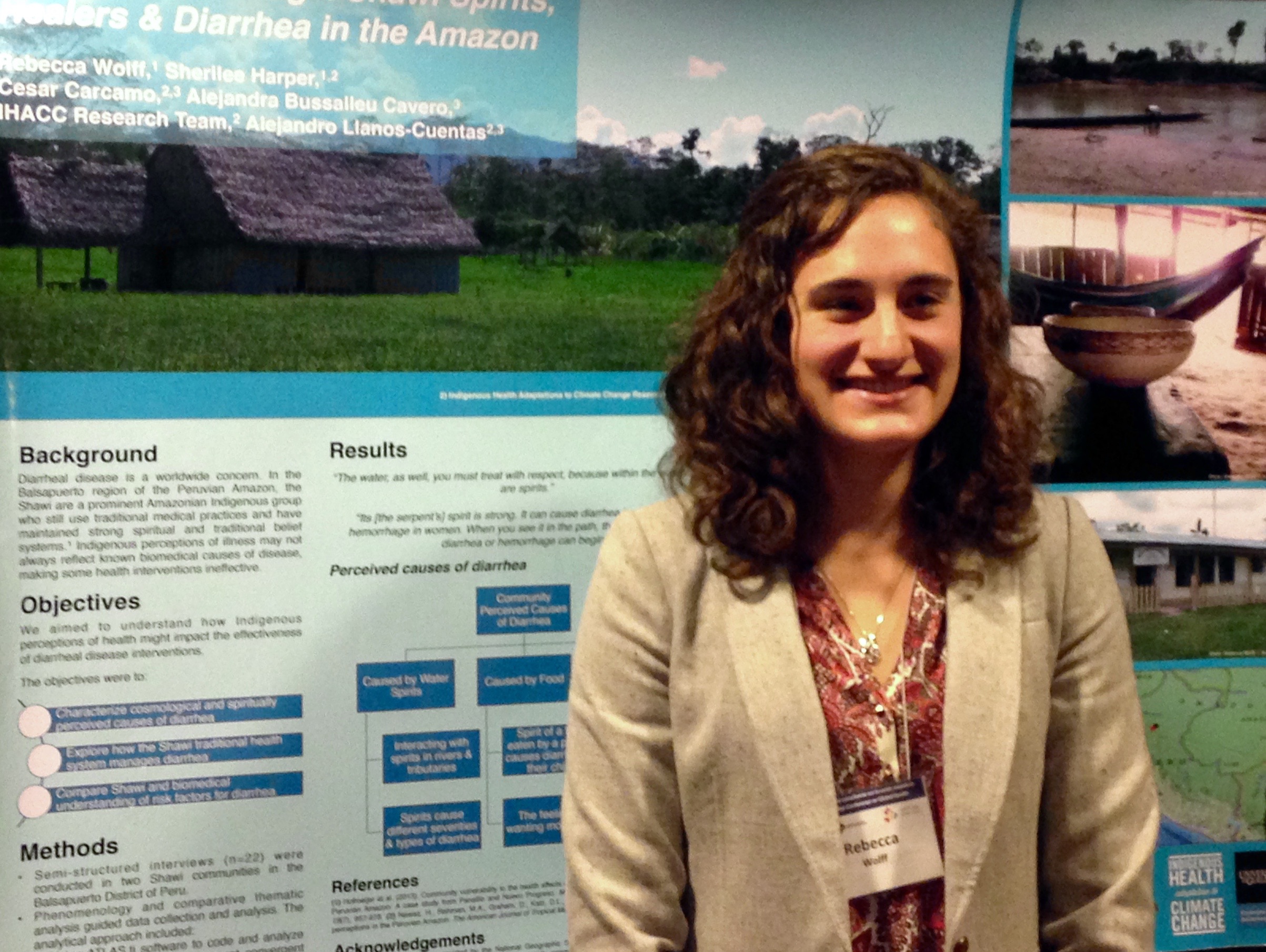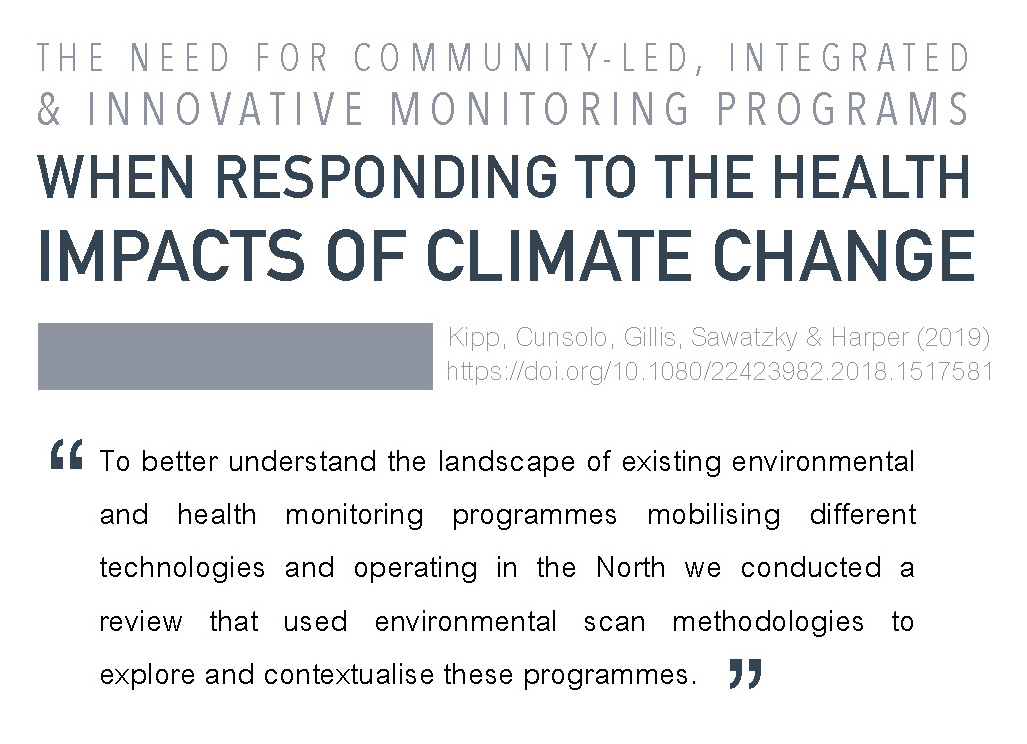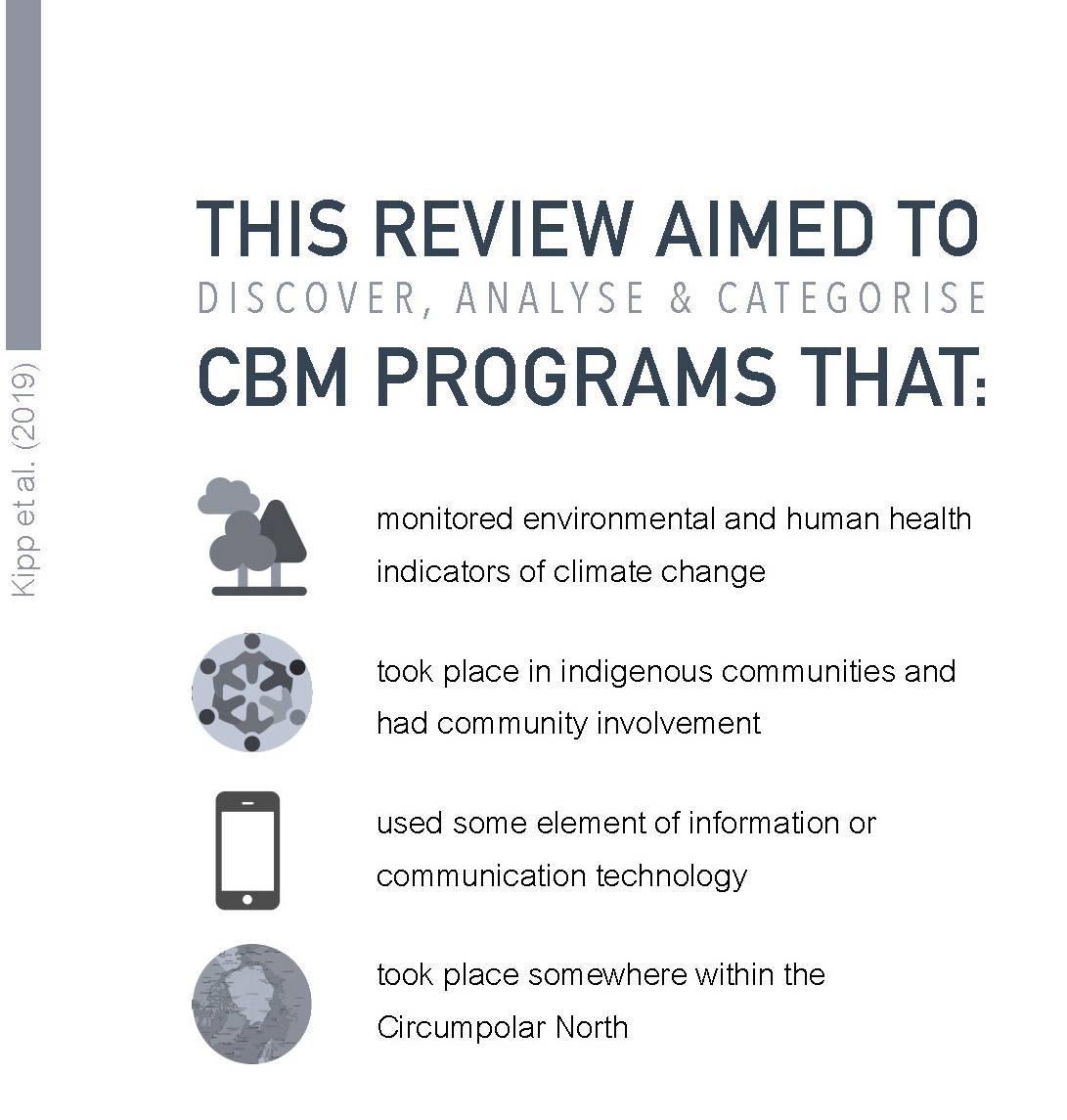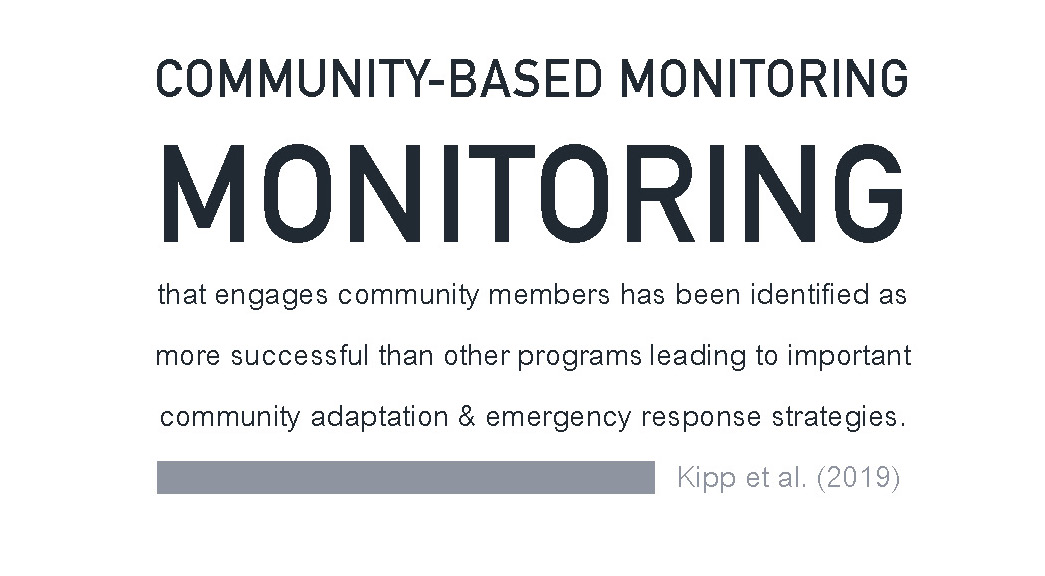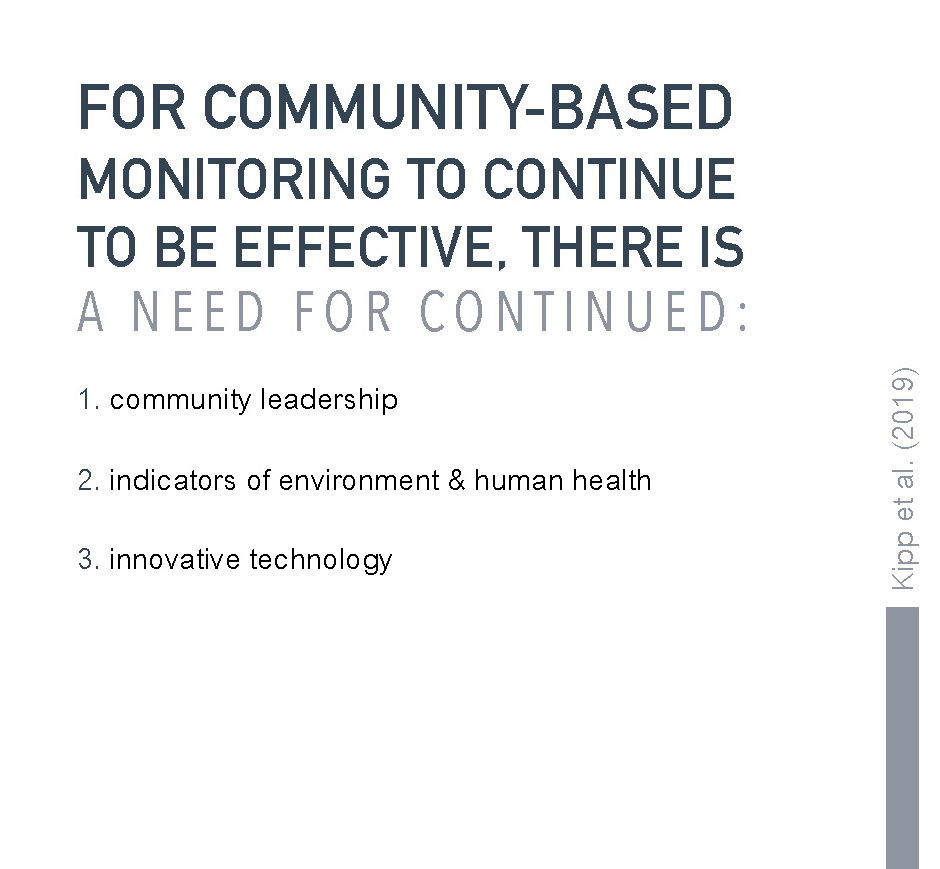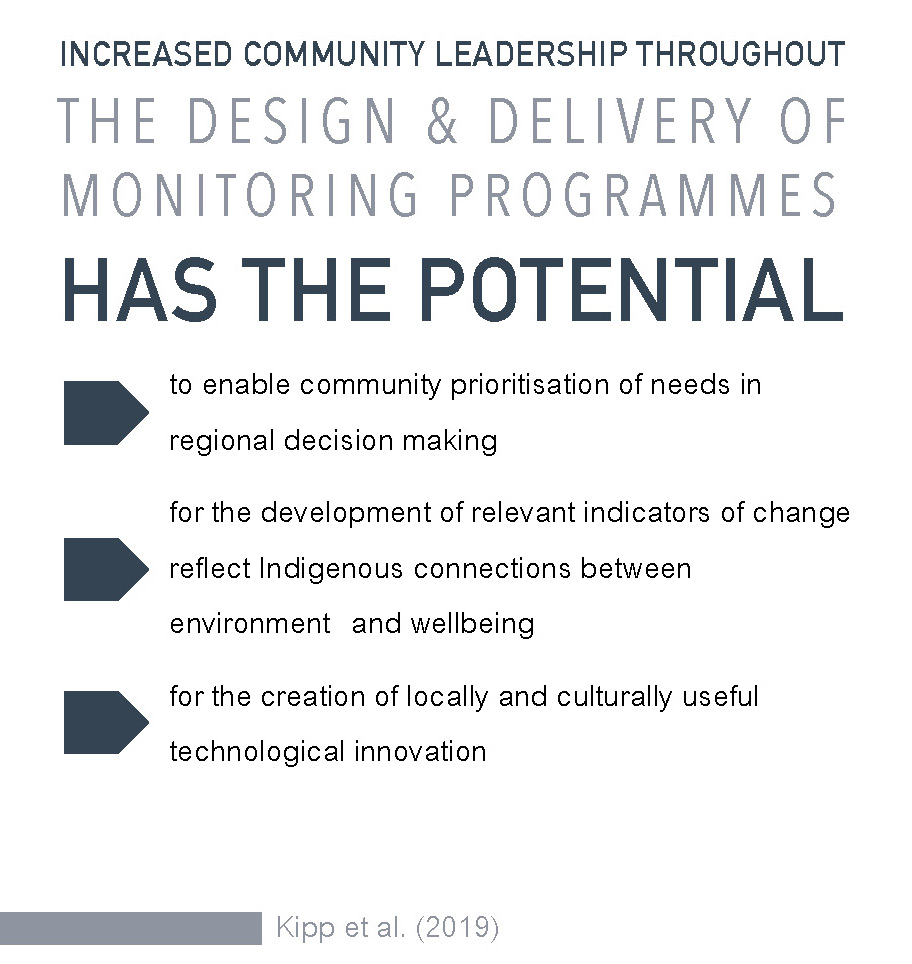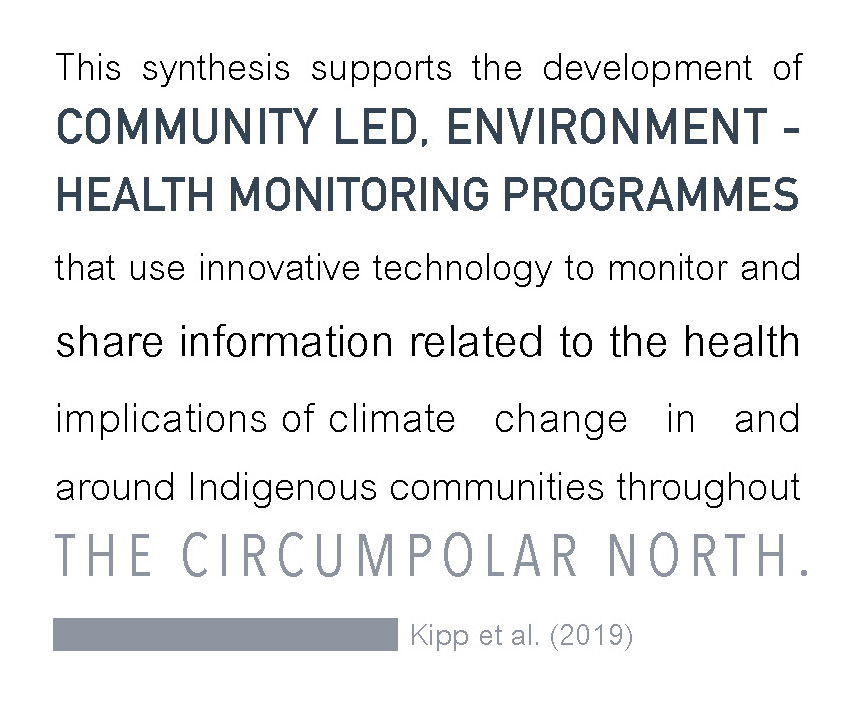Citation
Saini, M., Roche, S., Papadopoulos, A., Markwick, N., Shiwak, I., Flowers, C., Wood, M., Edge, V., Ford, J., Rigolet Inuit Community Government, Nunatsiavut Government, IHACC Research Team, Wright, C., Harper, S. (2019). Promoting Inuit health through a participatory whiteboard video. Can J Public Health. doi: 10.17269/s41997-019-00189-1
Abstract
Setting: The Inuit community of Rigolet experiences greater rates of self-reported acute gastrointestinal illness (AGI) compared to southern Canada.
Intervention: A whiteboard video tool was collaboratively developed by Rigolet youth, community members, the research team and key regional stakeholders to share public health recommendations for reducing the risk of AGI. The video debuted in Rigolet at a community event in August 2016 and was later provided online for community members and local and regional health departments. Interviews and focus group discussions were used to evaluate the ability of the video to communicate public health information to community members in Rigolet.
Outcomes: Community and government viewers reported that the whiteboard video was novel and engaging. Evaluation participants believed the video was suitable for promoting Inuit health because of the use of locally relevant visuals and narrative, which reflect Inuit art and storytelling traditions. Furthermore, participants indicated that the video co-development process was critical to ensuring community relevance of the video. Short-term outcome results suggest the video can reinforce health knowledge and potentially encourage behavioural change.
Implications: The results suggest this whiteboard video was an effective tool to share information and could increase intention to change behaviours to reduce the risk of AGI in Rigolet. While tools like the whiteboard video are gaining popularity, the participatory approach was used to develop the video, and its use in an Inuit context illustrates its innovation and novelty. This tool may be a useful health promotion tool among Indigenous communities in Canada.



